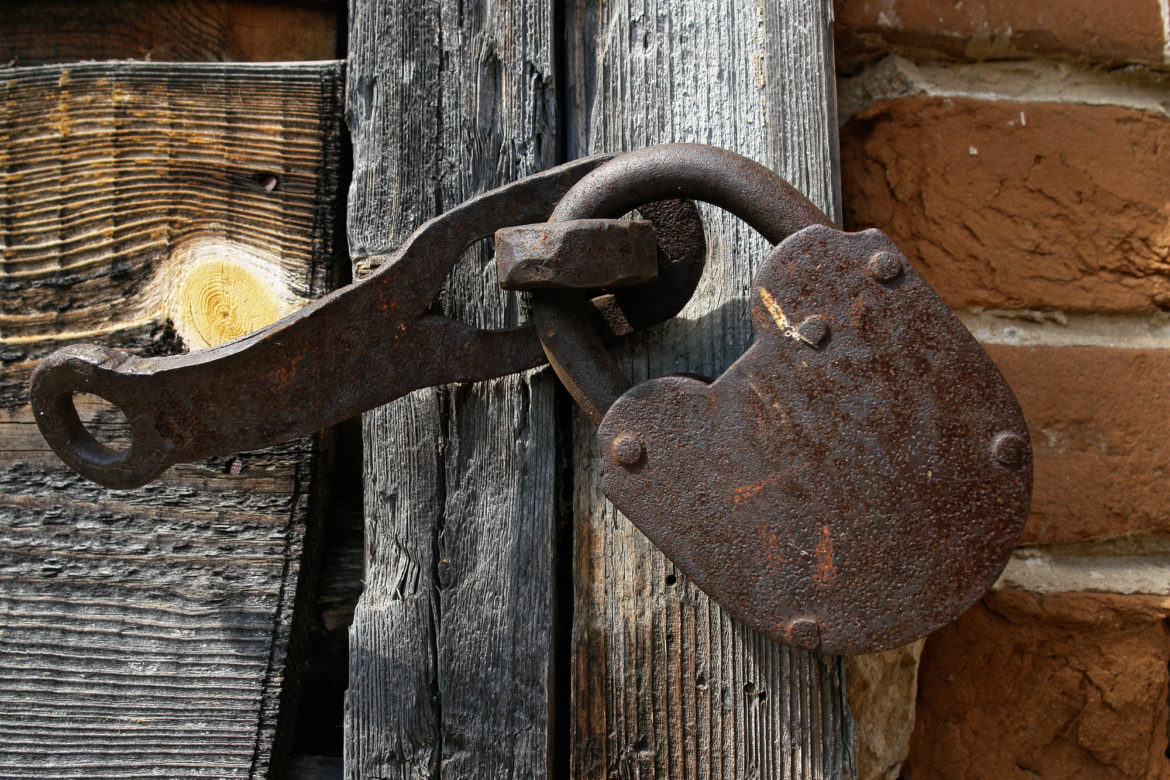Rejection may be unavoidable, but there are some ways to help lessen the blow.
Joyful reunions have become a television staple. Less frequently told are the stories of the unsuccessful searches and unhappy reunions. Adoptees, donor-conceived people, and NPEs (not parent expected) risk being spurned when they reach out to biological family members, and rejection may cause significant distress. We asked Lisa Bahar, a licensed marriage and family therapist and licensed professional clinical counselor in Newport Beach, California, about how rejection may influence and interfere with interpersonal relationships, how individuals can help soothe themselves, and how therapy might help.
Other rejections in life may be fleeting, but being rejected by birth family during or after a search and reunion may last a lifetime and be something individuals may replay over time. Can repeatedly reliving this rejection be debilitating?
Yes. If individuals ruminate and fixate on the thought of rejection, they may find they’re setting themselves for up interpersonal interactions that fall in line with their core belief that they are rejected and will be rejected. On the other hand, in a therapeutic environment or process, it may be a way to work through rejection and explore it for the purpose of gaining acceptance of self.

